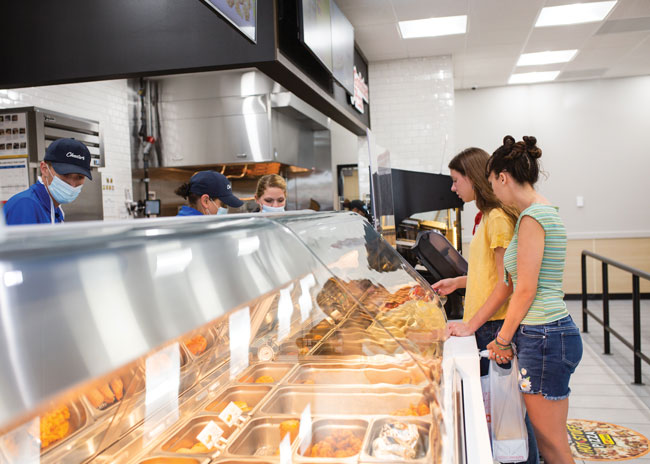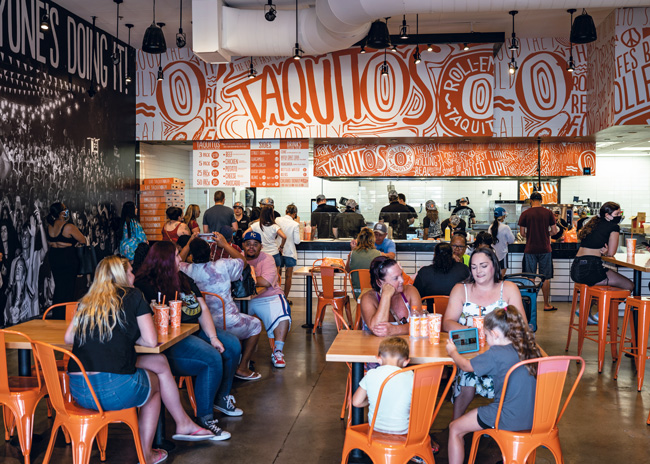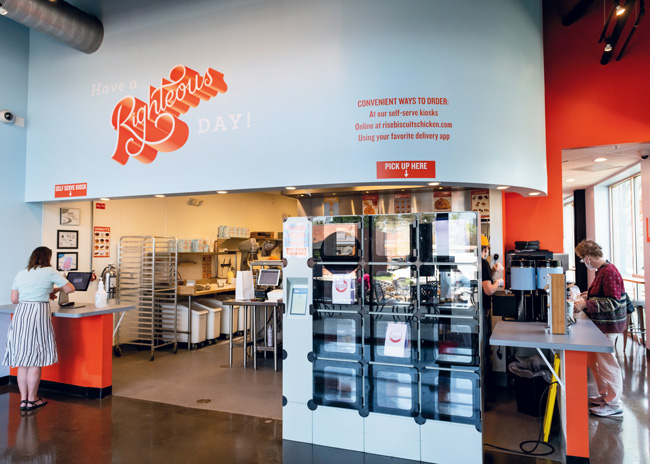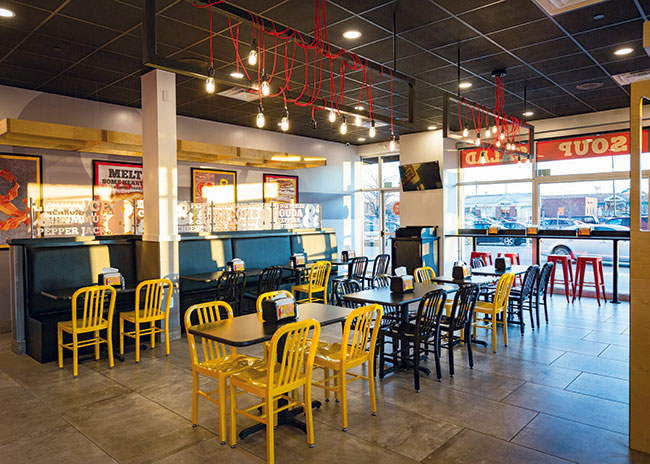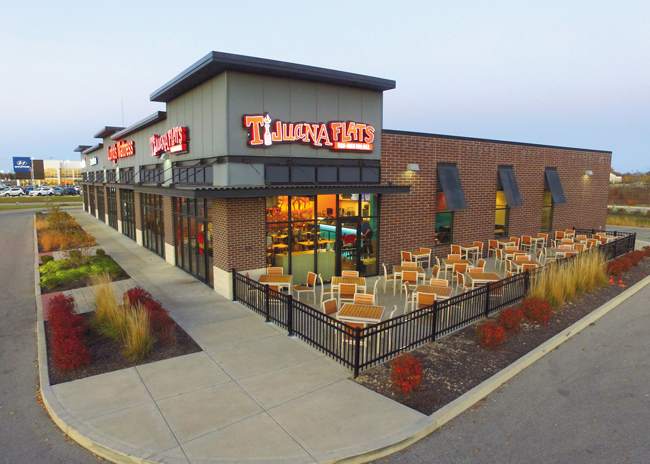A new look and flexible but systematic approach to kitchen design are helping this concept compete in an elevated convenience store market.
A redesign upgrades both the dining area and kitchen space.
This taquito concept aims to be a billion-dollar brand through a focused menu, strong branding and disciplined franchising.
From testing totally new concepts to rethinking training facilities and the back of the house, today’s chain prototypes offer a testament to the changes reshaping the restaurant industry. Here’s a closer look at some of the most recent chain prototypes in the market.
This biscuit chain saw its store count drop by more than a third, but a rebrand and focus on its core menu items has it back in growth mode.
This fast-casual operation is set to go from a single-digit store count to nearly 40 locations in two years.
After a decline in store counts, this comfort-food chain is positioning itself for renewed growth.
California-based Farmer Boys proves that farm to table isn’t just for fine dining.
This fast-casual Tex-Mex chain’s redesign features a more efficient kitchen and other elements to improve the experience for off-premises and dine-in guests.
This Michigan-based concept predicts national prominence in the wake of COVID-19.
A menu built on rice, protein and veggies helped this California-based chain achieve its best-ever sales during the pandemic.
San Jose, Calif.-based Togo’s fast-casual sandwich chain began a major redesign of its stores in 2019.
This casual-dining concept redesigned with off-premises sales and on-premises experiences in mind.
Catering and off-premises customers represent center-of-the-plate opportunities for this Bay Area fast-casual operation, which should make moves into new markets easier.
Sponsored Content
-
April 07, 2025Designed to offset labor challenges and improve the end customer experience, the Autonomous Retail Merchandiser (ARM) provides an appealing merchandis...Read Article
-
PizzaMaster Ovens Solve Pizzeria and Restaurant Pain Points
April 07, 2025Facing ongoing labor and cost challenges, restaurant and pizzeria owners are turning to equipment solutions to streamline operations and ease demands....Read Article

